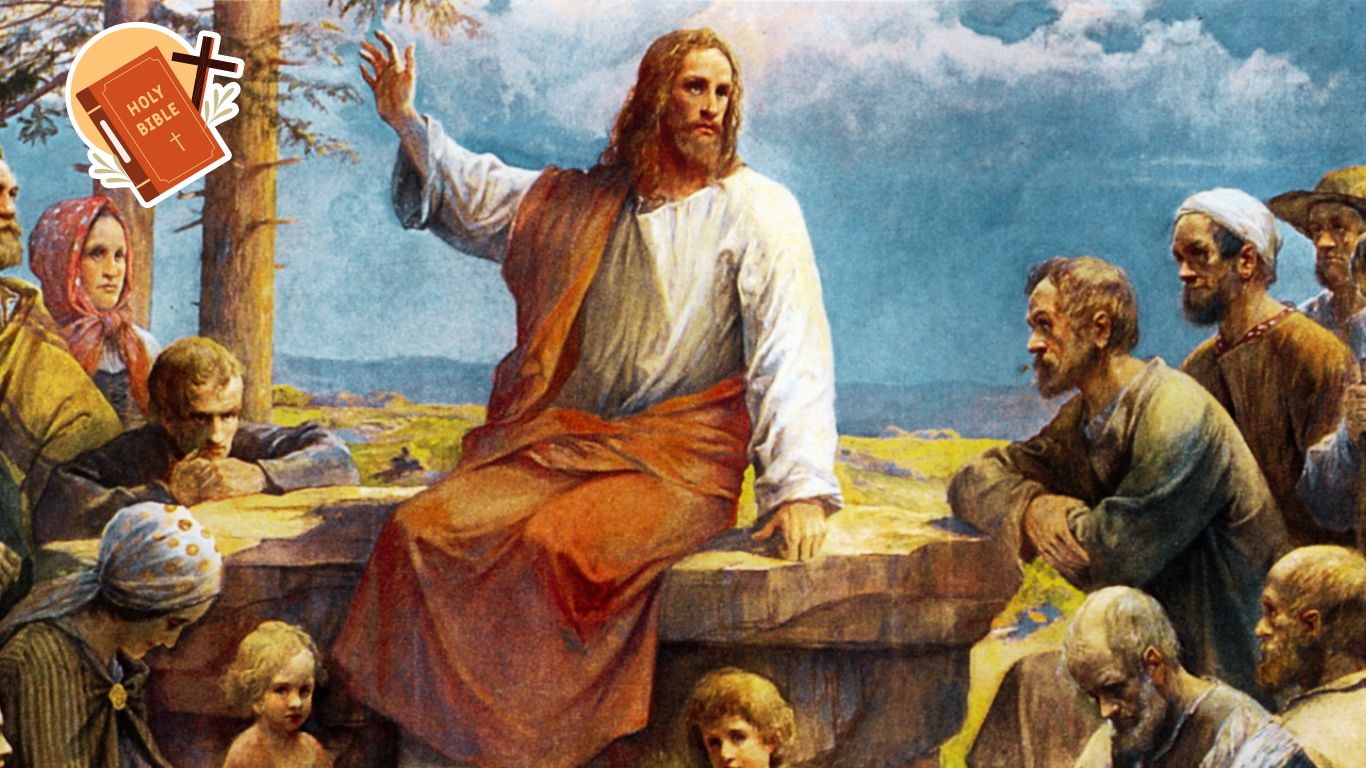Introduction
Throughout history, the Bible has stood as a central text in Christian spirituality and culture, influencing millions around the world. But a question often arises in the minds of believers and skeptics alike: where did we get the Bible? This article explores the origins of this sacred text, guided by insights from Rev. Henry G. Graham’s seminal work, “Where We Got the Bible.” Our journey will not only uncover the historical path of these holy scriptures but also connect us more deeply with their profound teachings.
The Formation of the Bible: A Divine and Human Book
Where we got the Bible by Henry Graham provides a foundational understanding of how the Bible was compiled. This sacred text is not merely a product of divine inspiration but also the result of meticulous efforts by numerous individuals who were guided by the Holy Spirit over centuries.
The Old Testament: A Legacy of Faith
The Old Testament was written in Hebrew and Aramaic and spans over a thousand years of history. It includes the laws, poetry, prophecy, and narratives that define the Jewish faith and lay the groundwork for Christian teachings. The process of canonization—determining which books were divinely inspired—was guided by religious leaders and scholars who sought to preserve God’s word for future generations.
The New Testament: The Story of Jesus and His Teachings
The New Testament begins with the Gospels, accounts of Jesus Christ’s life and ministry, and continues with letters and prophetic writings that spread His message. Written primarily in Greek, these texts were authenticated by early Christian communities and leaders like Peter and Paul, who played pivotal roles in their dissemination and recognition as scripture.
Key Translations and Transcriptions
From the original manuscripts, the Bible has been translated into numerous languages, making it the most widely distributed book in the world. Key translations such as the Septuagint, the Vulgate, and more contemporary versions like the King James Bible have made the scriptures accessible to a global audience.
The Role of Monastic Scribes
Monastic scribes in the Middle Ages were instrumental in preserving the Bible. Living in monasteries, these dedicated men copied manuscripts by hand with great care and reverence, ensuring that the sacred texts would endure through the ages.
Modern Discoveries and Biblical Scholarship
Where do we get the Bible from? Today, we benefit from both ancient manuscripts and modern archaeological discoveries that confirm and enrich our understanding of the Bible’s context. Scholars continue to study these sources to offer more accurate and nuanced interpretations of the scriptures.
The Dead Sea Scrolls
Discovered in the mid-20th century, the Dead Sea Scrolls include some of the oldest known Bible manuscripts, dating back over 2,000 years. These texts have provided unprecedented insights into the history and authenticity of the Bible.
The Bible’s Promise of Transformation
Where in the Bible does it say we will get new bodies? This question touches on the profound spiritual transformations that scripture promises. In the New Testament, specifically in 1 Corinthians 15:52-54, Paul speaks of the resurrection and the new, imperishable bodies believers will receive, highlighting the Bible’s promise of eternal life and renewal.
Engaging with the Bible Today
Engaging with the Bible in today’s world means more than just reading texts; it involves understanding their deeper meanings and applying their teachings in our lives. Encouraging personal reflection and community discussions can deepen this engagement.
Personal Reflection and Group Study
Asking questions, seeking answers, and sharing insights with others are vital parts of a dynamic spiritual journey. Bible studies and church groups often facilitate this interactive engagement, helping individuals to explore and live out the Bible’s teachings.
Conclusion
The journey through which we received the Bible is as rich and complex as the text itself. Rev. Henry G. Graham’s work, “Where We Got the Bible,” invites us to appreciate this profound history and encourages us to delve deeper into its pages.













